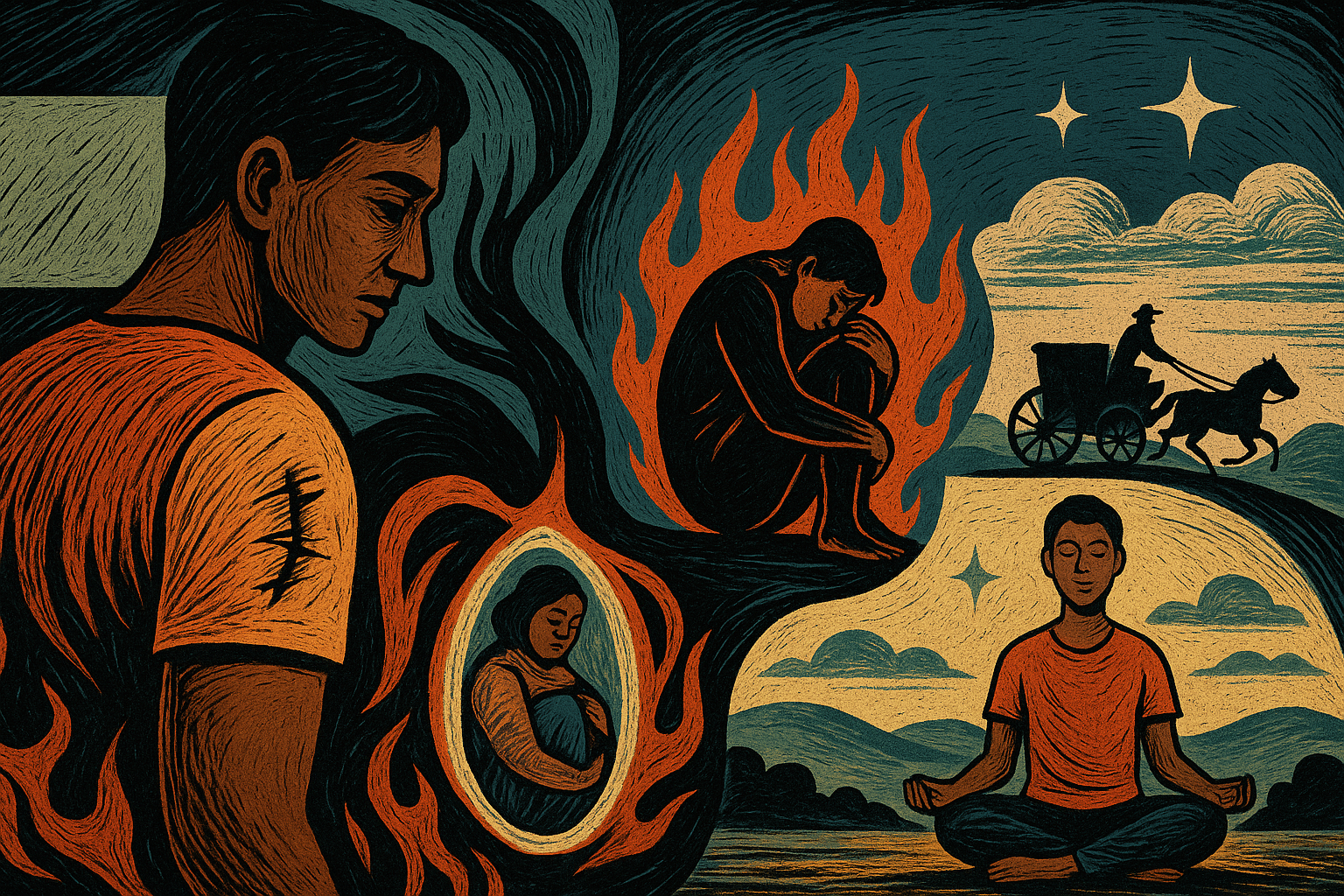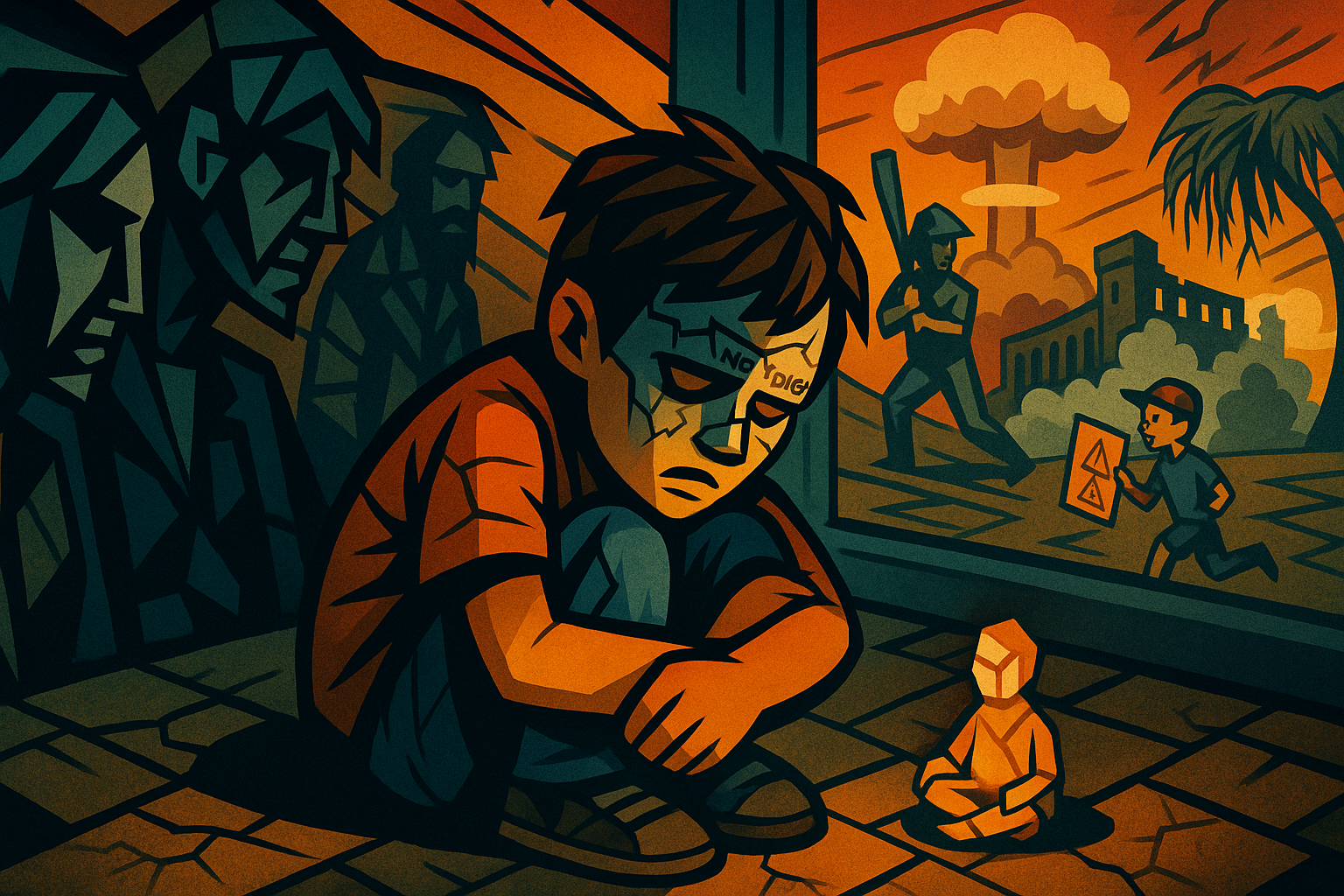- All
- Blog
- Holistic Healing
- Interviews
- Latest Content
- Relationships
- Stories
- Triggers
- Uncategorized
- Videos
All
- All
- Blog
- Holistic Healing
- Interviews
- Latest Content
- Relationships
- Stories
- Triggers
- Uncategorized
- Videos
Tell Me Your Story—On the Other Hand Maybe Not
Ken Wells
September 16, 2025
READ IT TO ME: Click play to listen to this post. “Everyone is a moon and has a dark side which he never shows to ...
Read More →
Shame Management 101
Ken Wells
September 12, 2025
READ IT TO ME: Click play to listen to this post. “Never be ashamed of a scar. It simply means you were stronger than ...
Read More →
Removing All My Shortcomings – Really?
Ken Wells
September 9, 2025
READ IT TO ME: Click play to listen to this post. Many of our compulsive and addictive behaviors disappear when we engage in treatment and ...
Read More →
Remembering A Painful Past
Ken Wells
September 5, 2025
READ IT TO ME: Click play to listen to this post. It is astonishing what people endure when they grow up with intense family dysfunction ...
Read More →
Stuck in the Mud of Parental Blunders
Ken Wells
September 2, 2025
READ IT TO ME: Click play to listen to this post. “The only thing worse than a dysfunctional family is a perfect one.” – Unknown ...
Read More →
Lost in the Woods
Ken Wells
August 29, 2025
READ IT TO ME: Click play to listen to this post. Have you ever been lost in the woods? There have been a couple of ...
Read More →






